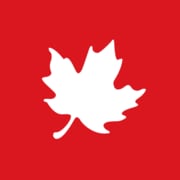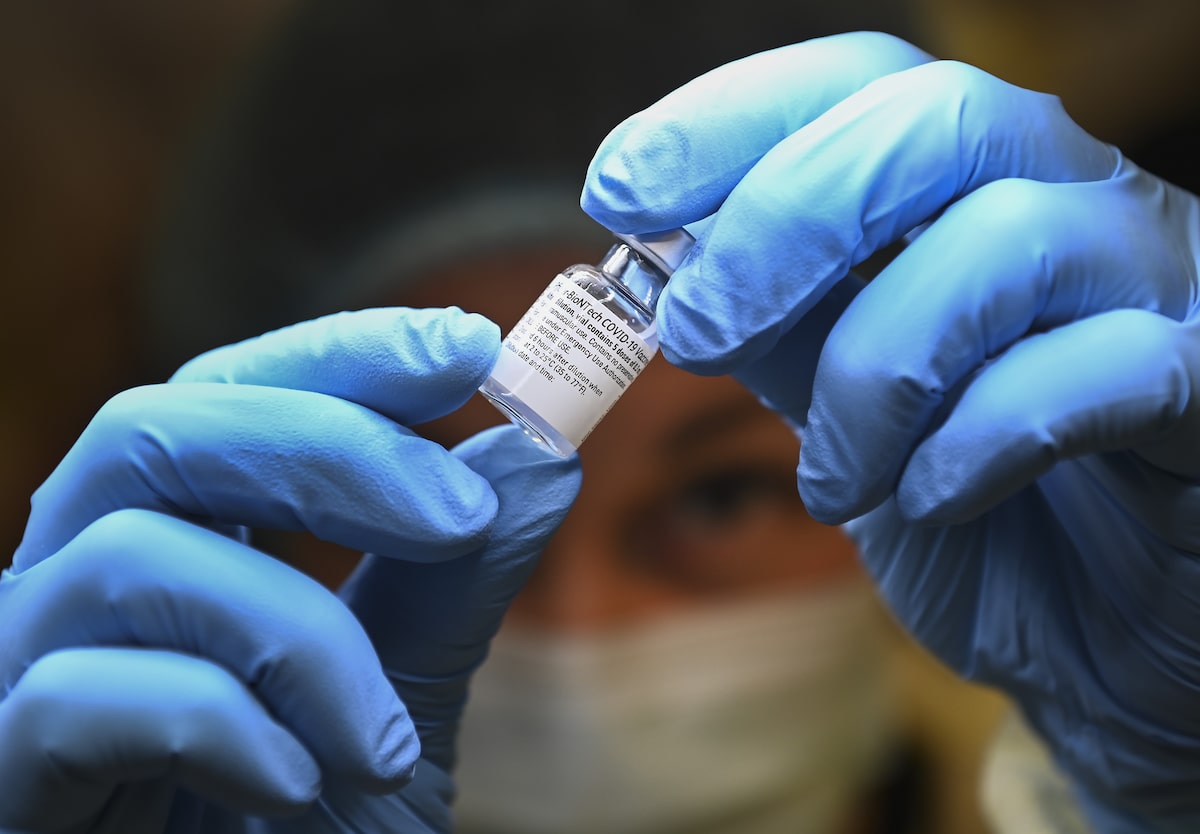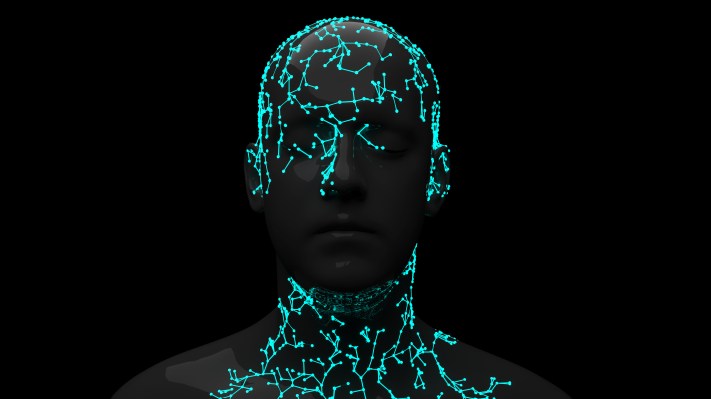Yay!
The vast majority of countries receiving the first vaccine shipments from COVAX are low- and middle-income countries

www.theglobeandmail.com
Canada is the only G7 country to draw on a supply of COVID-19 vaccines meant primarily for developing countries, according to new data released Wednesday.
The COVAX program, co-ordinated by the World Health Organization and Gavi, The Vaccine Alliance, pools funds from wealthier countries to buy vaccines for themselves and for 92 low- and middle-income nations that can’t afford to buy on their own.
Information released Wednesday by Gavi shows Canada is among just a few rich countries exercising their options to buy vaccines from the international group. The vast majority of countries receiving the first vaccine shipments from COVAX are low- and middle-income countries.
Other wealthy countries on the list receiving the vaccines include New Zealand and Singapore.
Prime Minister Justin Trudeau’s government has come under intense political pressure for a vaccine rollout that in its first two months has been beset by delays, and repeatedly lowered expectations. Amid a global supply crunch with only a few COVID-19 vaccines approved, countries in the European Union are under similar pressure but held off drawing on the limited doses COVAX has available.
The federal government defended its decision in a statement from International Development Minister Karina Gould’s office.
“Our contribution to the global mechanism had always been intended to access vaccine doses for Canadians as well as to support lower income countries,” spokesperson Guillaume Dumas said. “We’re having a comprehensive approach to fighting the pandemic as we know that the virus won’t be defeated until it is defeated everywhere.”
The number of initial doses that Canada will get from COVAX is also lower than the government told The Canadian Press ahead of Wednesday’s formal release.
Procurement Minister Anita Anand told the Canadian Press that up to 1.1 million doses of AstraZeneca’s vaccine could arrive through COVAX by the end of March and up to 3.2 million total by the end of June. However the document released Wednesday shows Canada has only been allotted 1.9 million doses.
A letter sent to Canada on Jan. 30 from COVAX, and provided to The Globe, says Canada should expect between 1.9 million and 3.2 million doses of the AstraZeneca vaccine. “Lower end of range reflects the expected distribution due to supply constraints, based on our latest understanding, while the high end reflects the contracted number of doses,” the letter states.
On Wednesday Ms. Anand’s office said the information it released is based on what Canada was told as recently as Tuesday that it would receive. “We are seeking clarification as to why there is a discrepancy,” spokesperson Cecely Roy said in an email Wednesday.
Health justice advocates are questioning Canada’s decision to take vaccines from COVAX at a time when high-risk people in poorer countries are still waiting for vaccines.
“It shows that COVAX is not a sustainable solution for low-income and middle-income countries,” said Fatima Hassan, head of the Health Justice Initiative, a South African advocacy group.
“COVAX has a pecking order, and it prioritizes the self-funded countries like Canada,” she said. “It’s not based on global health needs, it’s based on how much money a country is able to put into COVAX.”
Canada’s decision to accept vaccines from COVAX is “the clearest evidence yet of how rich countries are hedging their bets,” Ms. Hassan said.
“We’re seeing richer nations taking a lot of supplies from different mechanisms, while a lot of health-care workers in poorer parts of the world are not getting vaccinated. Is that fair and just? No, it isn’t.”
Jason Nickerson, humanitarian affairs adviser at Médecins Sans Frontières (Doctors Without Borders), said there is a danger that Canada’s use of COVAX could contribute to global health inequities.
“We have to ask the question: is this going to undermine COVAX’s ability to deliver vaccines to high-risk people in low-income and middle-income countries who are largely dependent on this mechanism as their only source of vaccine access?” he said.
“If we’re using COVAX doses – which could otherwise be used to vaccinate high-risk people in low-income countries – to vaccinate low-risk people in Canada, I don’t think that’s a defensible position,” Mr. Nickerson said.
“There’s a finite amount of vaccines that exist in the world today. It’s important for Canada to clarify how it can have its cake and eat it too.”
For many poorer countries, COVAX will be the main source of vaccines. Most have not received any vaccines so far. In Africa, for example, only about 230,000 vaccines have been administered so far – only about 0.2 per cent of the number of vaccinations globally.
Canada has promised to share any surplus vaccine doses with COVAX. But it has declined to say whether it would wait until the end of its complete vaccination program or do it earlier.
The World Health Organization’s director-general, Tedros Adhanom Ghebreyesus, has urged Canada and other wealthy countries to begin sharing their surplus as soon as their health workers and older people are vaccinated – a relatively early stage in the vaccine rollout.
Until now Canada has said it will receive a combined six million doses by the end of March of the Pfizer-BioNTech and Moderna vaccines. That is enough to inoculate 3 million people. Relying on contracts from Pfizer and Moderna alone, the government says it will have enough doses to inoculate everyone in Canada who wants their shots by September.
Health Canada has not yet authorized the vaccine from AstraZeneca but a decision from the regulator is expected soon. On top of the agreement through COVAX, Canada also has a direct contract with AstraZeneca to purchase 20 million vaccines. Shipments from that contract are only expected to start after March.
The AstraZeneca contract is one of seven that Canada has signed to buy a total of 234 million COVID-19 vaccines, with options to buy 164 million more doses. With a population of 38 million people, and factoring in the two-shot dose regimen for most of the vaccines, Canada’s vaccine contracts could leave the country with enough vaccines to inoculate the entire population more than three times over just based on what it has already agreed to buy. If the country exercises all of its options to buy the additional vaccines then it would have enough to vaccinate the country more than five times over.
The federal government has not released the contracts and has not said how much it’s paying for the shots.
In September, Mr. Trudeau announced the federal government would spend approximately $220-million on the COVAX Facility to procure up to 15 million vaccine doses for Canadians. An additional $220-million is being earmarked to purchase doses for low- and middle-income countries, the government said, adding that Canada cannot beat the pandemic unless it is addressed everywhere.
The COVAX program is aiming to provide 1.3 billion vaccine doses to 92 lower-income countries by the end of this year. But it remains underfunded and is still seeking billions of dollars to meet its goals.
 @CornPop
@CornPop


www.theglobeandmail.com

www.theglobeandmail.com

